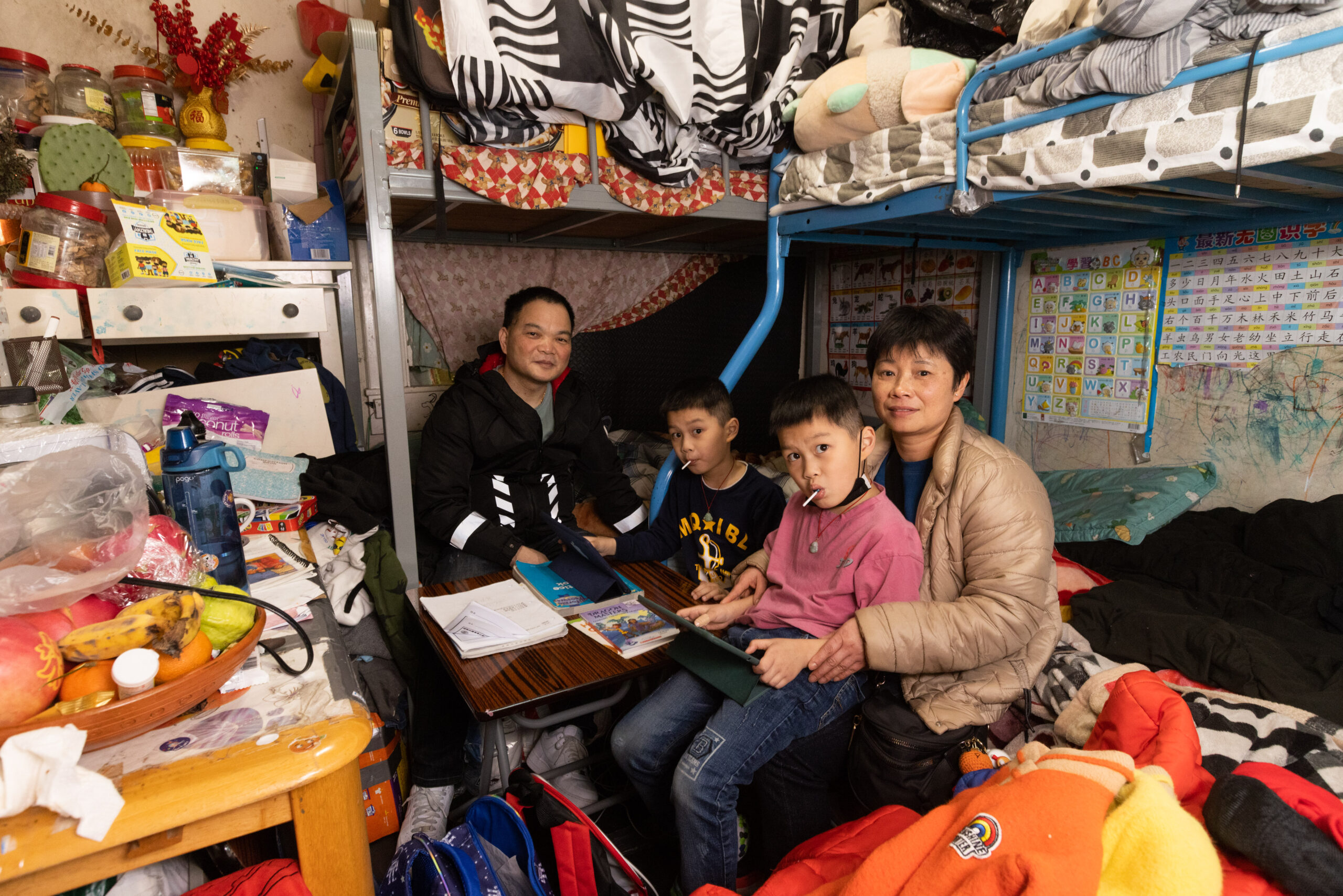More than 100 families have moved out of tiny, cramped apartments in San Francisco’s Chinatown after a partnership between the city and the federal government moved aggressively to rehouse them.
At a press conference on Thursday morning, Mayor London Breed announced the programs’ success in helping to relocate some of the city’s poorest tenants, many of them monolingual Chinese speakers.
“This is a big deal because we all worked together.” Breed said in Portsmouth Square, widely considered to be the dense neighborhood’s living room. “So that we can ensure that folks have a way to live in dignity.”
Before the pandemic, it was estimated that more than 500 Chinatown families with children had been living in single room occupancy (SRO) buildings, in which each unit measures about 100 square feet. Often, tenants on each floor have to share a kitchen and bathroom—which, as The Standard’s previous reporting has shown, can have dire consequences for those families’ health and well-being.
According to the Chinatown Community Development Center, a nonprofit that organizes SRO tenants, 37% of these families moved out after receiving housing vouchers or rental subsidy benefits. Another 16% later moved out on their own or are no longer eligible for the programs. The remaining 47%, comprising about 240 families, are still living in SROs.
At the press conference, Breed said the city has received federal help to combat the housing crisis and thanked the leadership of community nonprofits and the San Francisco Housing Authority, which oversees the issuance of vouchers to families.
Since February, The Standard has published a series of multimedia stories about the substandard situations of the tenants living in SROs, shedding light on a largely forgotten group of immigrants.
Aaron Peskin, the supervisor who represents Chinatown, said at the press conference that The Standard’s reporting has a major impact on the government’s process by speeding up the issuance of the voucher.
“We were already moving in the right direction,” Peskin said. “But that was a reminder that we needed to get those vouchers out the door.”
Under the rental subsidy partnership, the city hopes to move another 80 families out of SROs by June 2024, leaving fewer than 140 yet to rehouse. However, after a potential wave of post-Covid immigration, it’s unclear whether the number of low-income SRO families could fluctuate.
For Malcolm Yeung, the director of Chinatown Community Development Center, the work to get the SRO families to zero in the city is important.
SROs are “not an environment where children should be raised,” he said. “For a lot of SRO families, this is the only option they have when they start in San Francisco.”
